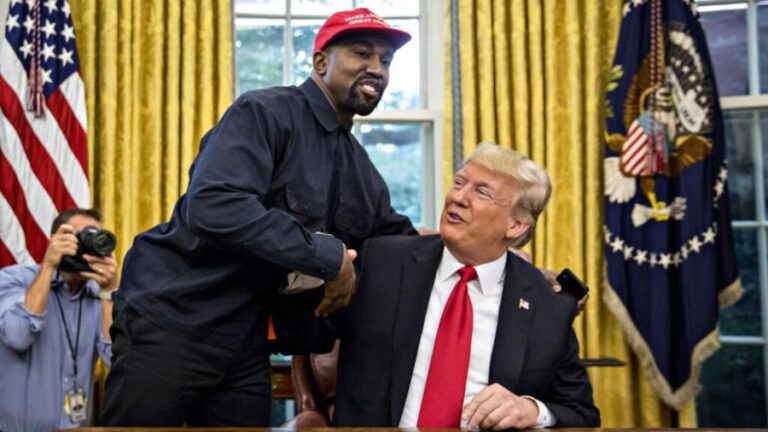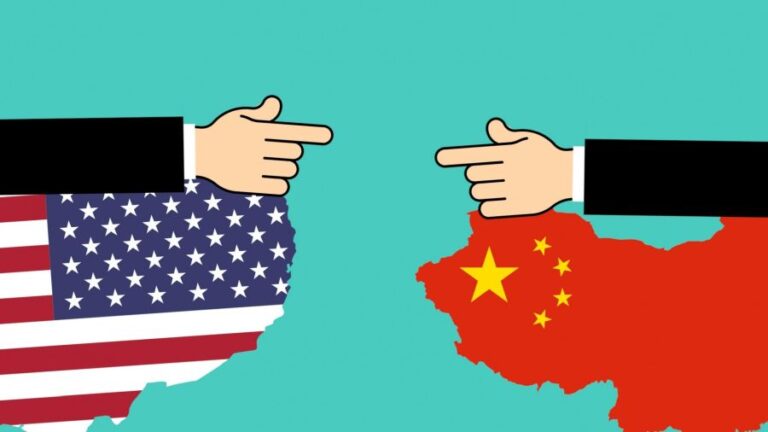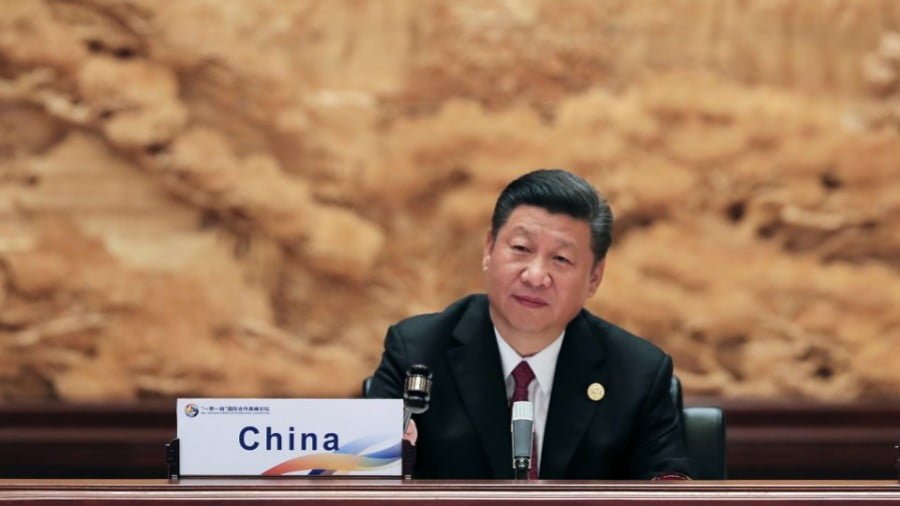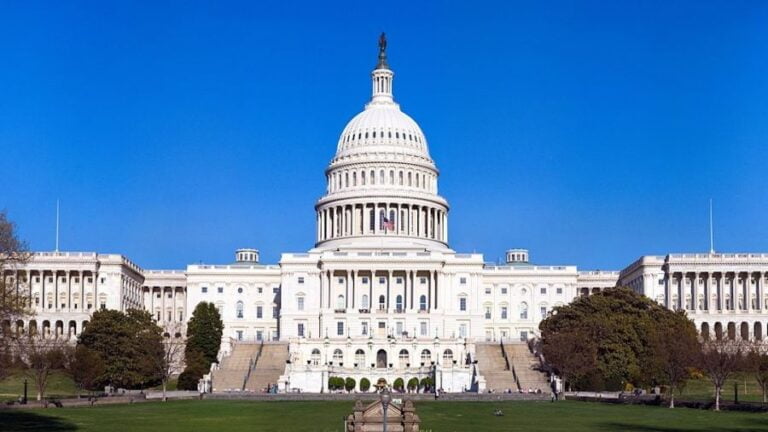Is Washington Going to Maintain Its Ties with the Muslim Brotherhood?
According to media reports, Republican Senator Ted Cruz recently sent another bill to the US Congress, proposing to declare an Islamist organization, the Muslim Brotherhood (banned in Russia – ed.), a terrorist organization.
Earlier, in late 2014, the US administration, in the face of Congressman Ted Cruz, already made a similar suggestion. In it, he referred to the fact that Egypt, after the President of the Muslim Brotherhood Mohammed Morsi was overthrown in late 2013, declared the organization a terrorist organization, and in March 2014, Egyptian example was followed by Saudi Arabia. In November 2014 the UAE declared the actions of 83 organizations in their territory illegal. This list included the Muslim Brotherhood, while Jordan arrested numerous high up and ordinary organization members, whom they promptly accused of terrorism. In April 2016, however, Ann Petersen, then Assistant Secretary of State for Middle Eastern Affairs, speaking before a subcommittee of the US Congress, refused to consider the Muslim Brotherhood a terrorist organization, stating that “the organization is represented by legitimate political parties in several Middle Eastern countries, moving away from its violent position that it has held for decades”.
Nevertheless, in 2017, a group of Republicans represented by Senator Thea Cruz introduced a new bill in the US Congress recognizing the Muslim Brotherhood as a terrorist group. Soon enough, another bill was introduced against the Islamist organization, proposing that it be declared a terrorist group in the United States.
In order to understand the reasons for the difficulties in having the US authorities officially recognize the Muslim Brotherhood as a terrorist organization, which has long been recognized as one in Russia and a number of other countries, it seems appropriate to recall the history of its existence and its “friendship” with the US authorities.
The Muslim Brotherhood was established as an international religious and political association in March 1928 by teacher Hassan al-Banna in Ismailia, Egypt. The status of this organization is ambiguous – in some countries it is legal, and political parties associated with it have seats in the parliaments of their respective countries, in particular in Yemen, Sudan (until November 2019), Tunisia, Turkey, etc. At the same time, it is recognized as a terrorist organization in Bahrain, Egypt, Russia, UAE, Syria, Saudi Arabia, and Tajikistan.
US cooperation with the Muslim Brotherhood began in 1953 under President Eisenhower, when several dozen Islamic theologians were invited to Princeton University to participate (according to the official version) “in a scientific conference”. In fact, the US authorities thereby intended to enlist the support of the spiritual leaders of Islamic countries to combat the growing “Communist threat” in the Middle East. Moreover, in the reports published in the media about this meeting, one of the main representatives of the Muslim Brotherhood at the time, Said Ramadan, who was present at the meeting, was referred to by the US intelligence agencies as a “fascist” and a “Falangist:”.
In his book, “Washington’s Secret History with the Muslim Brotherhood”, Ian Johnson, a reporter for The Wall Street Journal, noted that US interest in the Muslim Brotherhood especially increased after the Soviet invasion of Afghanistan in 1979 to use Islamists in opposition to the USSR in that country at the time.
And then, in September 1981, the Egyptian president Anwar Sadat is assassinated by members of a terrorist group, a splinter group of the Muslim Brotherhood. During the same period, the Muslim Brotherhood actively supported Islamic extremist groups operating in Afghanistan. Since the mid-90s, the Muslim Brotherhood has repeatedly attempted to assassinate Egyptian President Hosni Mubarak, carried out a series of major terrorist attacks on tourist routes against foreign nationals, and participated in military operations in Chechnya and Dagestan on the side of the bandit formations.
After the September 11 attacks, US contacts with the Muslim Brotherhood were frozen for some time. However, given the George W. Bush administration’s clear miscalculations in the two wars in Muslim countries, cooperation with representatives of this Islamist group has been strengthened by Washington in the hope that they will “help ease tensions” in Afghanistan and Iraq, as well as in Europe. Therefore, in 2006 in Brussels, with the mediation of the US State Department, a conference was organized, involving the European branch of the Muslim Brotherhood, where representatives of the US and British intelligence agencies discussed the prospects for cooperation with the Islamists.
With the arrival of Barack Obama into the White House, this close cooperation continued, especially since people from George W. Bush’s team, who were developing a strategy for rapprochement with the Muslim Brotherhood, remained in the Obama administration. The leading role in maintaining these contacts was played by the US (CIA) and British (MI6) secret services, as Thierry Meyssan, the founding president of the Réseau Voltaire website, has written about in great detail and accuracy. It was not without the involvement of the Muslim Brotherhood that the United States succeeded in deposing and executing Libyan leader Muammar Gaddafi.
Today, the Muslim Brotherhood has great influence not only in a number of countries in the Middle East, but also in Europe and the United States, and it is very well organized. The Muslim Brotherhood is a real international network with decades of experience. In Europe, the centers of this organization are London, Munich and many other major cities.
Given that Washington’s main goal in foreign policy has always been to maintain the role of the US as the absolute global leader, America could ensure its leadership in a global crisis only by, first, creating a climate of chaos in the world, in the midst of which the US would look like “an attractive island of stability”. In addition, it is much cheaper to manage chaos than it is to manage order. Second, America could retain global leadership if the economic and military-political power of China, the only competitor of the US in the battle for world domination, ready to take the crown of the winner from the United States, was severely restricted. Therefore, in recent years, the “friendship” of the United States with the Muslim Brotherhood has taken a blatantly anti-Chinese focus on using these Islamists to wreak havoc in the Xinjiang Uyghur Autonomous Region of China and Central Asian countries.
By agreeing to a strategic alliance with the Muslim Brotherhood, the US government has opened a Pandora’s box. The Muslim Brotherhood, which has repeatedly proclaimed its desire to build an Arab caliphate based on Sharia principles “from Spain to Indonesia,” intends to conquer new spaces and countries, especially enemies of the United States, with the active support of Washington through terror and propaganda.
As for the United States, under the guise of legal difficulties in officially recognizing the Muslim Brotherhood as a terrorist organization, it clearly fears the unintended consequences of such a step for its relations with Turkey and Qatar, which support the Muslim Brotherhood on both the religious and political levels. If the assistance of the peninsular emirate in the Persian Gulf is mainly limited to financial support for this Islamist organization, Ankara has made the Muslim Brotherhood one of its “combat wings” in Syria and Libya.
That is why it would be unwise to expect a positive outcome from the consideration by the US Congress of another bill to declare the Islamist organization Muslim Brotherhood (banned in Russia – ed.) a terrorist organization, even though relations between Washington and Ankara have noticeably deteriorated lately.







